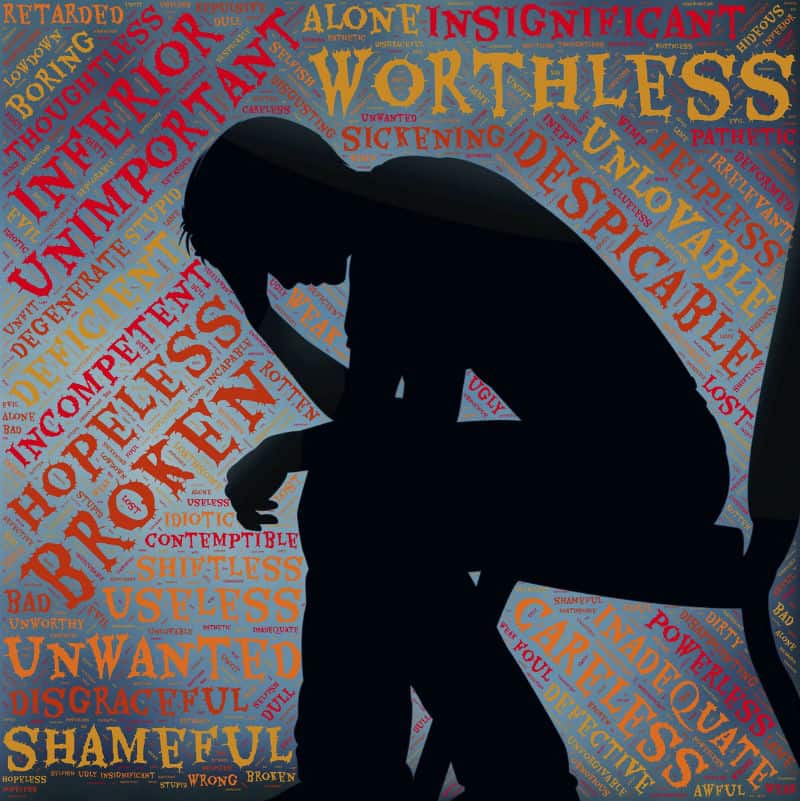No products in the cart.
How To Know If Your Loved One Needs Your Help

One of the things we want most in this world is the happiness and well-being of our loved ones in addition to our own. Therefore, if we notice obvious indications that something is wrong with our loved one, we should never ignore the signs or brush them off as insignificant.
A person needing help can mean anything: they begin to develop an addiction or illustrate symptoms of developing a mental illness, or they may have experienced a traumatic event that still affects their well-being today. Regardless of the reason, we should always have their best interest in mind and watch out for them.
These are five ways to know if your loved one needs your help:
1. They isolate themselves from you and everyone else
Did your loved one used to be a social butterfly, but suddenly stopped showing up to group outings and hangouts? What about purposely starting to ignore your calls, making excuses not see anyone, and spending more time alone? The reason why people may begin to isolate themselves is due the fact they do not feel it’s necessary to see their friends as often anymore, their energy to socialize decreases, or they are ashamed of their current state of mind and self.
2. You notice extreme changes in their behavior
Everyone has their off days, but if your loved one is having a concerning amount of bad days or feel like a different person altogether sometimes, expect that something is wrong. The main changes in behavior to watch out for are mood swings which include sudden aggression, sadness, ecstasy and even depression and suicidal tendencies. Furthermore, if they ever make jokes about death or taking their own life, never take that lightly.

3. They purposely neglect their responsibilities
Work, school, or even performing basic chores become less of a priority and more of a burden. They have more sick days, skip out on classes, or allow the state of their home and living conditions to deteriorate. While all of the above are essential obligations, your loved one stops finding purpose in committing to any of them.
4. Hobbies and passions no longer interest them
Their hobbies and passions no longer bring them joy or fulfillment. In fact, they may stop actively involving themselves in those activities. Alternatively, your loved one may shift their interests into activities that are harmful, such as partying, drinking, or dangerous sports.
5. They appear to have stopped taking care of themselves
It will be apparent in their physical appearance that they stopped taking showers, eating, and sleeping. Neglect of personal hygiene and grooming habits illustrates a lack of desire to take care of oneself, which can be evidence of low self-worth and self-esteem.
When you have determined that your loved one needs help, the best course of action to take is to openly and gently communicate your concerns to them. Evidently, that can lead to them taking one step forward into overcoming their issues and once again becoming their happy old self.

Author’s Bio: Trevor is a freelance writer and recovering addict & alcoholic who’s been clean and sober for over 5 years. Since his recovery began, he has enjoyed using his talent for words to help spread treatment resources, addiction awareness, and general health knowledge and is currently writing for Medically Assisted. In his free time, you can find him working with recovering addicts or outside enjoying about any type of fitness activity imaginable.










Leave a Reply